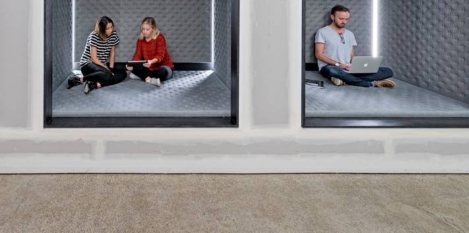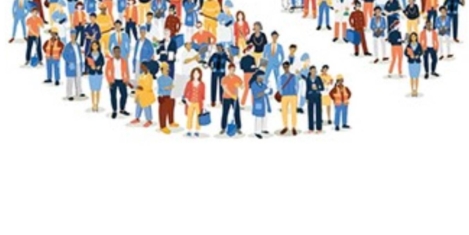April 2, 2019
The flat white economy is now the most important sector in the UK
According to a new study from the Centre for Economics and Business Research (CEBR) think tank, the so-called ‘flat white sector’ is now the most important driver of the UK economy. Consisting of the digital and creative businesses that cluster around areas like Silicon Roundabout in north-east London, the term has been coined by Douglas McWilliams, deputy chairman at the CEBR to reflect the way startups can apparently save on property costs by working out of coffee shops. McWilliams claims that the flat white economy contributed 14.4 per cent of gross value added (GVA) to the UK in 2018, making it more important than traditional sectors such as manufacturing, mining and utilities on that measure. (more…)
















 Workers continued use of unapproved apps in the office, including Instagram, Facebook Messenger and Snapchat, to communicate with colleagues as well as friends and family is putting their organisations at risk of cyber-attack, new research suggests. Four in ten employees (41 percent) admit to using Instagram for more than two hours each day, despite the app being banned in almost half of UK organisations. The majority of employees are well aware that certain apps are not approved for workplace use, but this hasn’t stopped them breaking the rules.
Workers continued use of unapproved apps in the office, including Instagram, Facebook Messenger and Snapchat, to communicate with colleagues as well as friends and family is putting their organisations at risk of cyber-attack, new research suggests. Four in ten employees (41 percent) admit to using Instagram for more than two hours each day, despite the app being banned in almost half of UK organisations. The majority of employees are well aware that certain apps are not approved for workplace use, but this hasn’t stopped them breaking the rules.

















March 28, 2019
The rise of the digital workplace is transforming the physical office
by Giles Fuchs • Comment, Coworking, Workplace design
(more…)